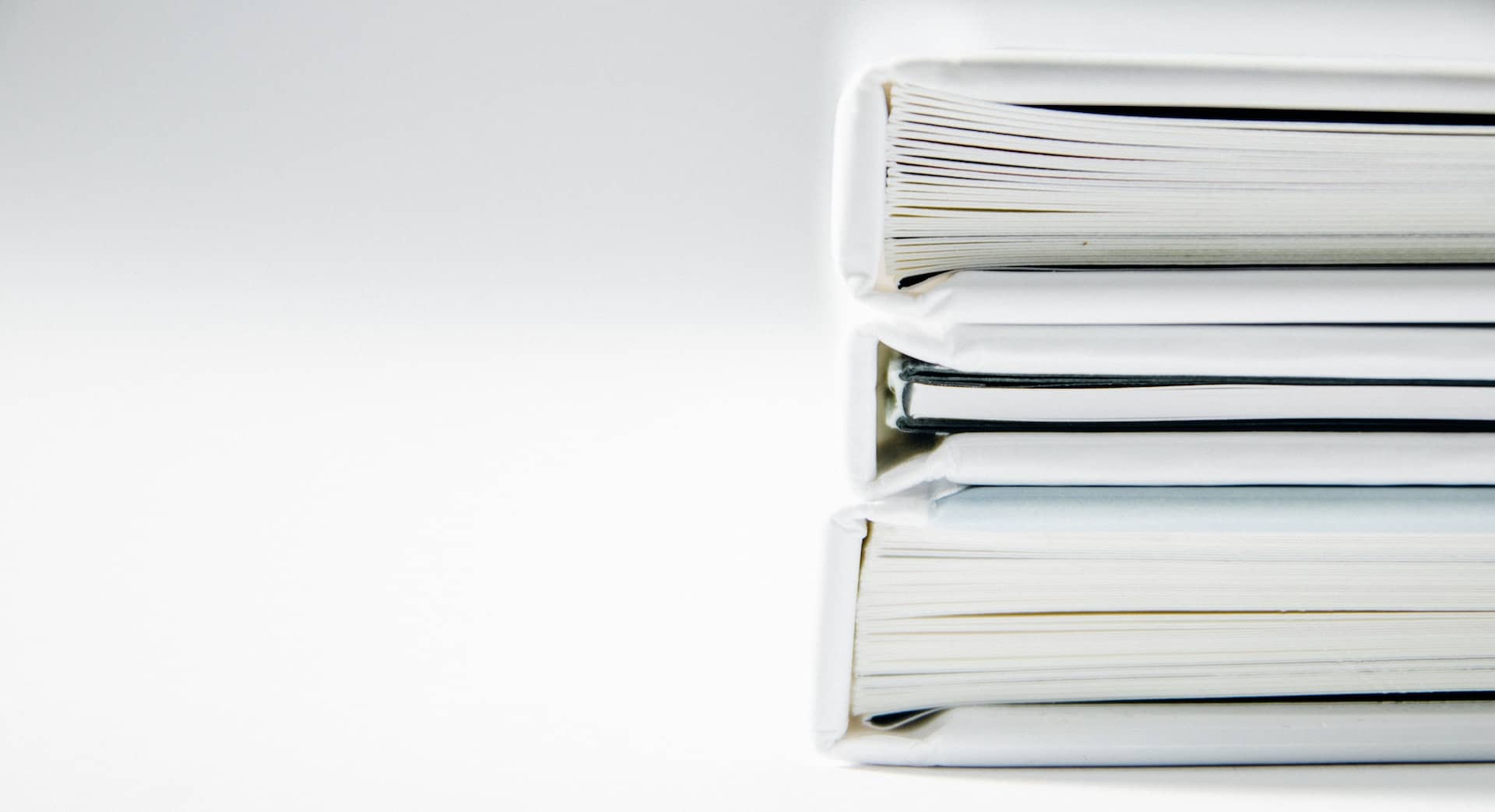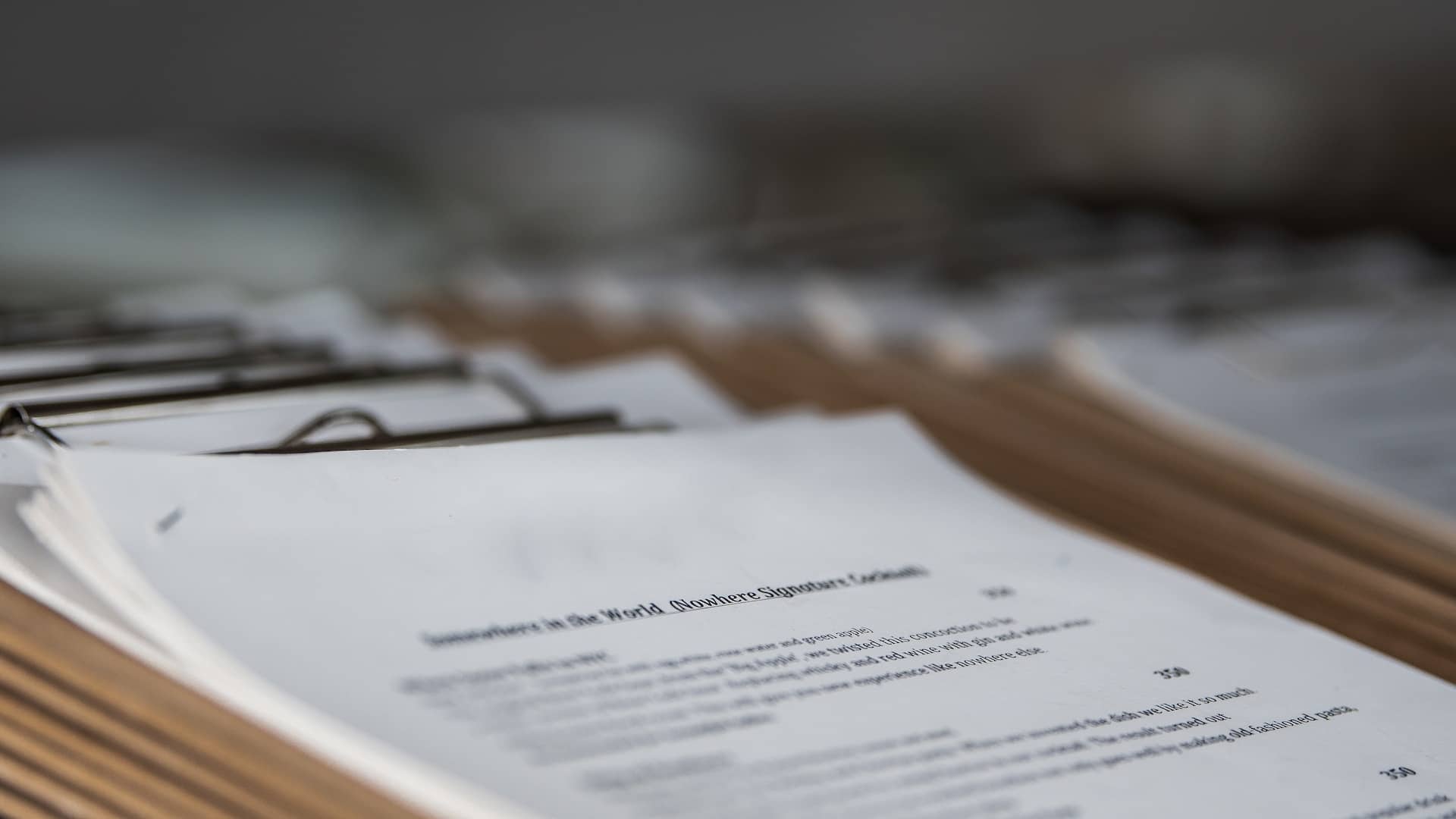When you’ve experienced a personal injury in Scotland, the path to recovery can be long and arduous. Whether it’s a car accident, slip and fall, or any other mishap, the physical and emotional toll can be overwhelming. During this challenging time, it’s essential to consider the legal aspects of your situation, especially if someone else’s negligence is at play. Documenting evidence for a personal injury claim is a critical step in seeking the compensation you deserve. In this guide, we’ll explore what evidence is needed for a personal injury claim and how you can effectively gather it.
What Evidence is Needed for a Personal Injury Claim?
To succeed in a personal injury claim, you must present a convincing case that demonstrates the other party’s liability and the extent of your injuries. This requires a careful collection of various types of evidence, each serving a unique purpose. Here’s a breakdown of the key types of evidence you’ll need:
Medical Records and Bills
One of the most critical pieces of evidence in a personal injury claim is your medical documentation. This includes records of doctor visits, hospital admissions, surgeries, prescriptions, and any other medical treatments you’ve received as a result of the injury. Your medical records provide a clear picture of your injuries, their severity, and the treatment you’ve undergone. Additionally, these records establish a direct link between your injuries and the accident.
Photographs and Videos
Visual evidence can be incredibly compelling. Take photographs and videos of the accident scene, your injuries, and any property damage. If possible, do this immediately after the incident, as conditions may change over time. A picture is worth a thousand words, and these visuals can help convey the extent of the damage and the circumstances surrounding the incident.
Witness Statements
Eyewitness accounts can be invaluable in establishing the facts of the case. Collect contact information from individuals who witnessed the accident, and ask them to provide statements describing what they saw. These statements can corroborate your version of events and add credibility to your claim.
Police Reports
If law enforcement was called to the scene of the accident, a police report should exist. This report typically includes details of the incident, statements from involved parties, and any citations or charges issued. Obtain a copy of the police report as it can provide an official account of the accident.
Employment Records
If your injury has resulted in missed work or a change in your ability to perform your job, employment records are crucial. These documents can demonstrate the financial impact of your injury, including lost wages and potential future income loss.
Expert Opinions
In some cases, it may be necessary to consult with experts who can provide opinions on various aspects of your case. For instance, a medical expert can testify about the extent of your injuries and their long-term effects. Accident reconstruction specialists can help recreate the scene to establish liability.
Correspondence and Documentation
Keep all correspondence related to the accident and your injuries. This includes emails, letters, and text messages exchanged with insurance companies, medical professionals, and other relevant parties. Such documentation can help illustrate the communication and negotiations that have taken place.
Personal Injury Diary
Maintaining a personal injury diary can be a powerful tool. Document your daily experiences, including pain levels, medical appointments, and how your injuries affect your daily life. This diary can serve as a chronological record of your recovery journey.
How Do You Gather Evidence for a Claim?
Now that you understand the types of evidence needed for a personal injury claim, let’s delve into the practical steps of gathering this evidence effectively.
Seek Medical Attention Promptly
Your health should be your top priority. Seek medical attention immediately after the accident, even if you believe your injuries are minor. Some injuries may not manifest symptoms until later, and prompt medical attention can help establish a clear connection between the accident and your injuries.
Preserve Evidence at the Scene
If you’re physically able, take photographs and videos of the accident scene. Capture images from different angles and distances to provide a comprehensive view. Additionally, collect contact information from witnesses and ask them to provide statements. Their fresh recollections can be invaluable.
Contact Law Enforcement
If the accident is significant or involves a motor vehicle, contact the police and report the incident. They will conduct an investigation and create an official police report. Be sure to obtain a copy of this report for your records.
Preserve Physical Evidence
If there is physical evidence related to the accident, such as damaged clothing or a defective product, preserve it. Do not alter or repair anything until you’ve consulted with an attorney. These items may be essential to your case.
Document Your Injuries
As your injuries heal, document their progress with photographs. Take pictures of any visible injuries, such as bruises, cuts, or surgical scars. This visual evidence can help establish the extent of your injuries and the healing process.
Gather Medical Records and Bills
Request copies of all medical records and bills related to your injuries. This includes records from emergency room visits, surgeries, rehabilitation, and any ongoing treatments. Keep these documents organised and easily accessible.
Making a Personal Injury Claim with National Claims
Now that we’ve discussed the essential aspects of documenting evidence for a personal injury claim, let’s explore how National Claims, a leading name in the field of personal injury claims, can assist you throughout this challenging journey.
How National Claims Can Help You
At National Claims, we understand that the aftermath of a personal injury can be a trying time. Our mission is to support you in every way possible, ensuring that you receive the compensation you deserve. Here’s how we can assist you:
Legal Guidance
Our team of claims specialists are well-versed in the intricacies of personal injury law. We are dedicated to advocating for your rights and pursuing the maximum compensation available under the law.
Evidence Gathering
We understand the importance of evidence in building a strong case. National Claims will work closely with you to collect and preserve the necessary evidence, including medical records, witness statements, and expert opinions. Our meticulous approach ensures that no critical details are overlooked.
Professional Communication
Dealing with insurance companies and other parties can be intimidating. National Claims will handle all communication on your behalf, ensuring that you don’t inadvertently say or sign anything that could harm your case. We will negotiate tirelessly to secure a fair settlement.
Personalised Support
We recognise that every personal injury case is unique. National Claims will provide you with personalised support tailored to your specific circumstances. We will answer your questions, address your concerns, and keep you informed at every stage of the claims process.
Peace of Mind
Facing a personal injury claim can be stressful. With National Claims on your side, you can focus on your recovery while we handle the legal aspects. We are committed to providing you with peace of mind and the best possible outcome for your case.

Conclusion
In the aftermath of a personal injury, documenting evidence for a personal injury claim is a critical step toward obtaining the compensation you deserve. Whether it’s medical records, witness statements, or expert opinions, each piece of evidence plays a crucial role in building a strong case. By following the steps outlined in this guide and enlisting the assistance of professionals like National Claims, you can navigate the complex world of personal injury claims with confidence.
Remember, your health and well-being should always be your top priority. Seek medical attention promptly, document your injuries, and preserve evidence at the scene when possible. Maintain thorough records, and consult with experts as needed. Most importantly, consider enlisting the support of an experienced solicitor to guide you through the legal process.
At National Claims, we are here to help you every step of the way. Our dedicated team of attorneys will work tirelessly to ensure your rights are protected, and you receive the compensation you deserve. We understand the challenges you face, and we are committed to providing you with the personalised support and professional representation you need during this difficult time.
When you choose National Claims, you’re choosing a partner who will advocate for you and fight for your rights. We are here to help you on your journey to justice and recovery after a personal injury. Contact us today to discuss your case, start your claim and take the first step toward securing the compensation you deserve.

We’re proud of our excellent customer reviews
We thrive on delivering exceptional service and ensuring our clients’ satisfaction. Don’t just take our word for it. Check out some of our independent reviews to see what our clients have to say.
Excellent

This firm is excellent, they sorted out my car pay out and injury claim very fast, they always communicate with you all the time.

My accident case was dealt with confidence and with great result of the outcome, especially James kept me informed all the time.

I was very impressed at the way my inquiry was treated. I was listened to attentively and everything I needed to know was explained to me.






